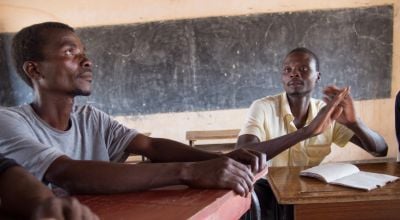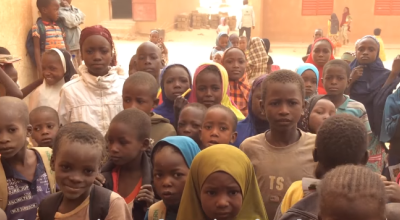
Read our 2023 annual report

Knowledge Hub
Education is essential for ending poverty. Actually, let's rephrase that: quality education is essential for ending poverty.
The word “quality” carries a lot of meanings - and even baggage - when it comes to education.
In our work, however, quality means something very different, and very specific. This is especially true in countries where education is most under threat, and why Quality Education is one of the UN’s top Sustainable Development Goals. Read on to learn more.
What does Quality Education mean?
The UN explains its fourth Sustainable Development Goal (SDG) is “to ensure inclusive and equitable quality education and promote lifelong learning opportunities for all.”
Education is important, and many areas of the world lack access to free pre-primary, primary, and secondary education - not to mention affordable options for technical, vocational, and university studies. But it’s not enough for education to be accessible.
It also has to add value to the lives of the children and young adults attending school. School enrollment in Niger had gone up for primary students pre-pandemic. However, many of these students were graduating school without mastering basic skills like literacy and numeracy.
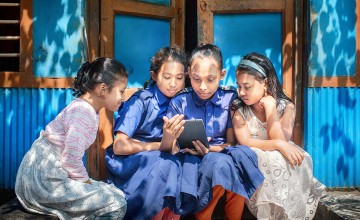
Why quality education matters
Education can help young people break an intergenerational cycle of poverty. But this is only possible if education is approached in a meaningful way. In 2012, the UN’s former Secretary-General Ban Ki-moon said:
“Education is about more than literacy and numeracy - it is also about citizenry. Education must fully assume its central role in helping people to forge more just, peaceful and tolerant societies.”
This is what we mean by “quality” education: We need a standard to measure how effective an education is in order to set students up for success in the rest of their lives.
How we measure Quality Education
The UN has outlined several targets within their larger education-related SDG that help us to set a standard of quality.
1. Building relevant skills for financial success
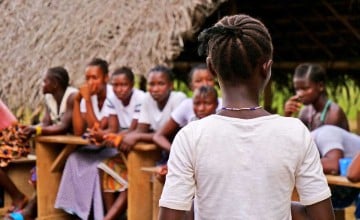
Extreme poverty means a lack of assets or a lack of return on those assets. One of these assets are skills, including technical and vocational skills. The more relevant these skills are in the 21st Century, the more likely they are to generate a return. This not only means understanding how relevant skills have changed against the digital revolution and automation, but also against climate change, shifting societal norms, and political realities.
2. Eliminating discrimination in education
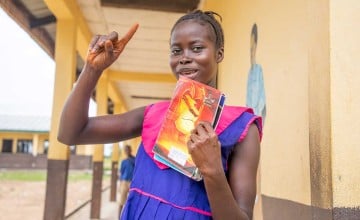
Education is a fundamental human right. However, there are 244 million children around the world who aren’t in the classroom. Many of them are excluded due to some form of discrimination. Girls’ education is particularly under threat here, with over 129 million girls missing out on a basic human right. Quality Education means equality in education - at all levels.
3. Universal literacy and numeracy
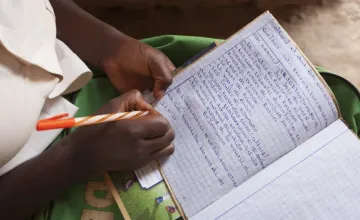
According to UNESCO, if all adults had just literacy and numeracy skills, an estimated 171 million people could escape extreme poverty. However, UNESCO also estimates that there are 781 million illiterate adults around the globe.
Many of these adults have completed several years of education but remain unable to read or count due to different barriers.
4. Inclusive and safe schools

Environment is crucial to fostering a quality education. This means building and upgrading schools that are child-friendly, disability and gender-sensitive, and provide safe, nonviolent, and inclusive spaces for kids to learn - and to enjoy being kids. Unfortunately, both physical and psychological aggression and gender biases are still prevalent in far too many schools.
5. Qualified teachers
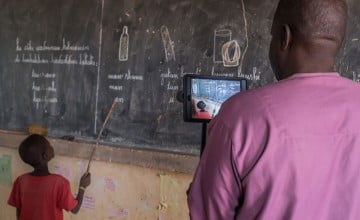
One of the UN’s other main goals around education is to increase the number of qualified teachers, especially in low-income countries and remote areas around the world. While many teachers receive some form of training, it’s not always in line with the best education models, nor is it always tailored to teaching in fragile contexts.
How Concern supports Quality Education
Concern’s work in primary education is grounded in the belief that all children have a right to learn. We believe that education is one of the best routes out of poverty and integrate it into both our development and emergency work to give children living in extreme poverty more opportunities in life and an overall sense of well-being.
Supporting Syrian students and teachers in Lebanon and Türkiye
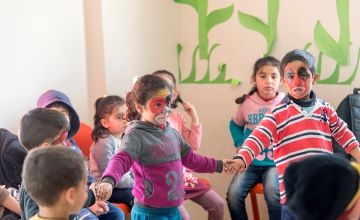
We’ve worked with displaced Syrian teachers, as well as local teachers in Turkish and Lebanese host communities, to develop formal and informal learning programmes that support children who have been traumatised by war and displacement.
We’ve also worked with Syrian adults to build relevant income-generating skills that they can use in their host communities as well as, eventually, when they return home to a country that will need help rebuilding its infrastructure, economy, and communities.
Helping girls succeed in Kenya and Malawi
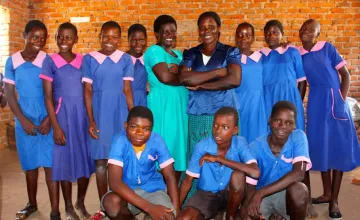
In an effort to build gender equality in educational systems around the world, we’ve created programmes that support retention rates from primary to secondary schools for girls in Kenya and Malawi.
In Malawi, we’ve also supported community groups to prevent harmful traditions like child marriage from interrupting education (for boys and girls). Community groups like a local Village Savings and Loan Association in Kenya’s Chalbi Desert have also taken it upon themselves to financially support local girls through their primary and secondary schooling.
Breaking language barriers in Haiti and Niger
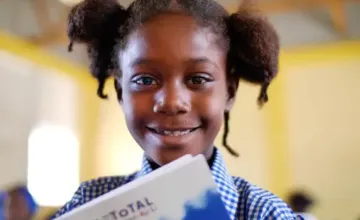
We’ve addressed language barriers in the classroom in countries like Kenya, Niger, and Haiti, where local communities often speak languages other than the national tongues (which, in and of themselves, are holdovers of colonial rule). This method is in line with UNESCO’s recommendation for early teaching in the mother tongue and gradually transitioning.
Creating safe learning environments in Sierra Leone
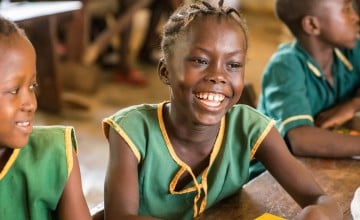
Concern is working to address school-related gender-based violence (SRGBV) to align quality with equality. In Sierra Leone, our Irish Aid-funded, multi-million-dollar, five-year learning programme, the Safe Learning Model, developed a holistic approach to education in the Tonkolili District, addressing SRGBV in the larger community context and creating a model that can be adapted for other countries and settings.



